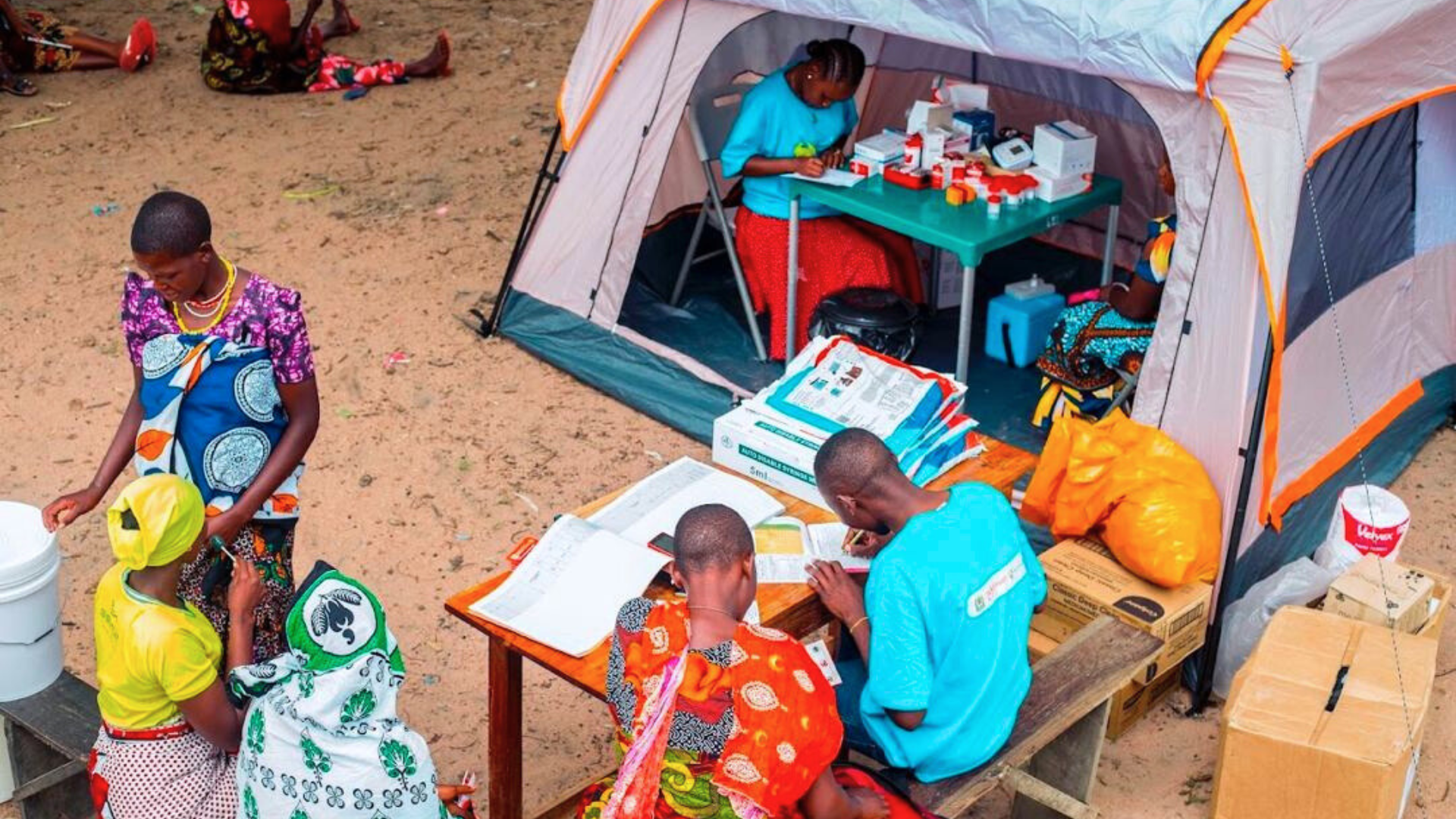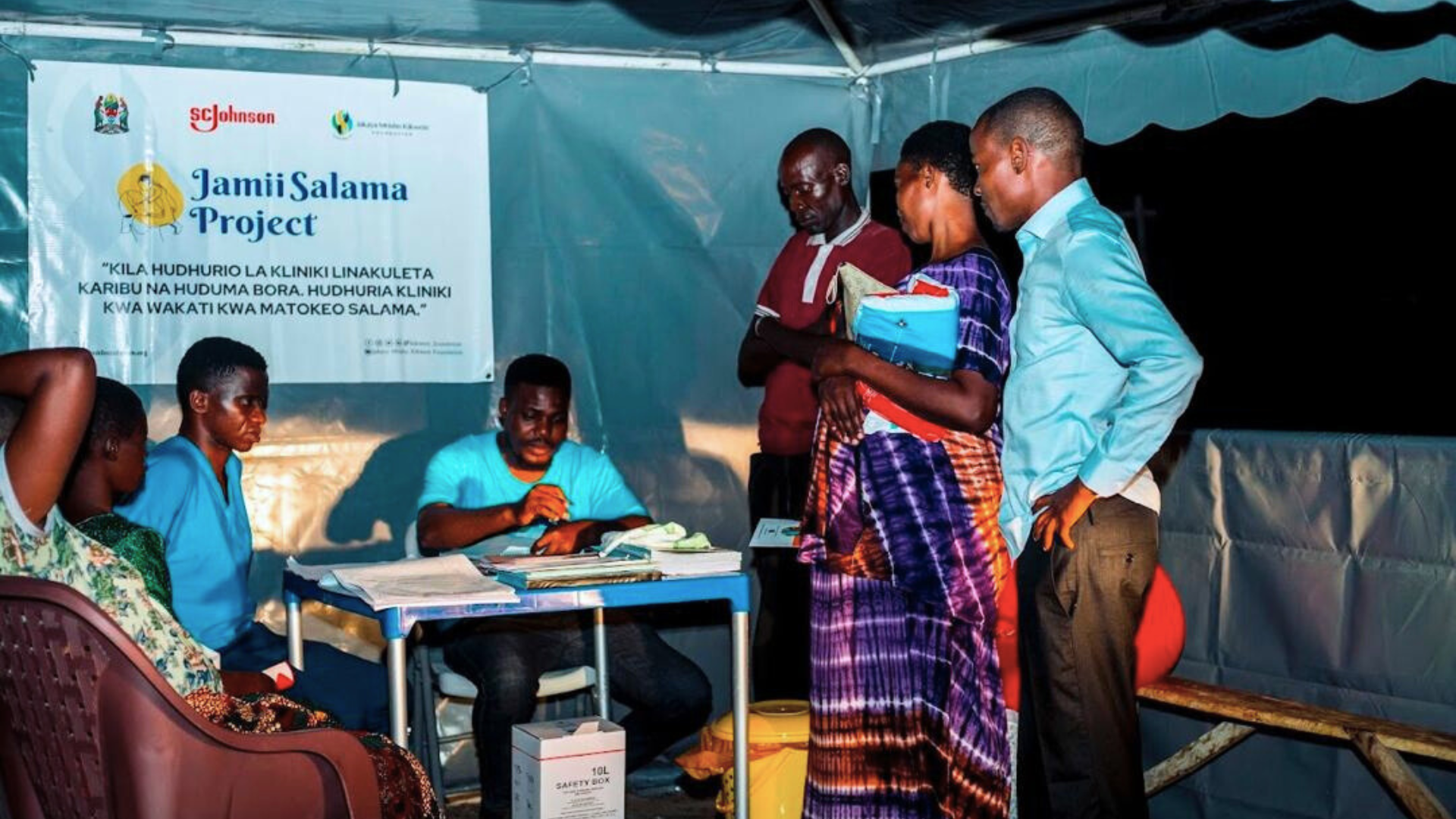Closer to Care: Transforming Healthcare in Rwanda and Beyond
If you’re a parent, you know the worry that comes with a child waking up sick—feverish, shivering and needing care. In many places, getting help is as simple as a quick drive to a nearby doctor’s office or urgent care. What, however, if that care was miles away, with no easy way to get there? What if you had to walk for hours to see a doctor, carrying a sick child?
For many families in Rwanda, this isn’t just a what if—it’s reality.
Known as the "land of a thousand hills," Rwanda’s rugged terrain makes access to healthcare a challenge. Even with government improvements to the system, as of 2020, the average walk to a health facility was still 47 minutes —down from 95 minutes in previous years. More remote patients may have to journey hundreds of kilometers to find care.
To ease that burden, the Rwandan government has been working to establish rural health posts to improve accessibility to the most immediate forms of health care. As part of that effort, SC Johnson began a partnership with the Rwanda Ministry of Health and the Society for Family Health Rwanda in 2018 to build community health clinics in Rwanda and across Africa and Asia
By building community health clinics, SC Johnson is helping bring care closer to the people who need it most. As of 2024, the effort has grown to 82 clinics—and counting.
About the Health Clinics
There are 78 health clinics in Rwanda, two in the United Republic of Tanzania and one each in Indonesia and South Sudan. The locations of these health clinics were chosen with the help of each country’s Ministries of Health and based on real-time population data to ensure they would be reaching people who need care the most. As a result, many clinics were established in remote or rural areas. Each clinic specializes in preventing, diagnosing and treating malaria.
As a result of their often-remote locations, the clinics are designed to operate self-sufficiently. SC Johnson’s partnership with Society for Family Health Rwanda included the creation of the Certified Care program. Over 50% of the malaria cases in Rwanda are reportedly handled by women in local communities rather than medical officials. Through this educational program, these caregivers are trained so they can earn a living wage for the work they had previously been doing for free. Caregivers are also trained to provide care for respiratory diseases, maternal and child health and overall preventative medicine.
The Certified Care program is offered to participants at no cost and typically lasts three to six months. Educational sessions are led by the country’s Ministry of Health along with the Society for Family Health Rwanda.

Their Impact
In Rwanda, SC Johnson’s health clinics have reduced the average amount of time it takes to walk to receive care by over 80%, from three hours to only 30 minutes. Since the opening of the first clinic in Rwanda, they have contributed to an 89% drop in malaria mortality. As a result, the country has made very strong progress on its journey to becoming certified by the WHO as malaria-free.
Annually over a million people are served by these health clinics and so far, more than 10,000 Community Health Care Workers have become certified and have gained skills and knowledge in diagnosis and treatment across a variety of illnesses and diseases.
The Future
According to the WHO, the United Republic of Tanzania saw a 1.9 million increase in malaria cases from 2019 to 2023. In 2023 alone, the country accounted for over four percent of malaria deaths globally. It is clear Tanzania is a location where care is needed the most. In partnership with the Jakaya Mrisho Kikwete Foundation (JMKF), four more health clinics will be established throughout Tanzania in 2025.
Additionally, two mobile health clinics have now been launched in the Tabora region of Tanzania, which is where malaria rates are the highest. Each mobile clinic is staffed with four community health workers and two general healthcare providers who will be providing general outpatient services and support for antenatal health and insect-borne disease. In total, the mobile clinics will help an estimated 10 thousand people annually.
SC Johnson will continue on its mission to provide access to basic healthcare so no one has to walk three hours to receive the treatment they need.

Our Partners
SC Johnson’s work to provide protection from insect-borne disease could not be done without the help of partners like JMKF, the Society for Family Health Rwanda and the United Nation Foundation’s United to Beat Malaria initiative.
Learn more about SC Johnson’s partners on our website.